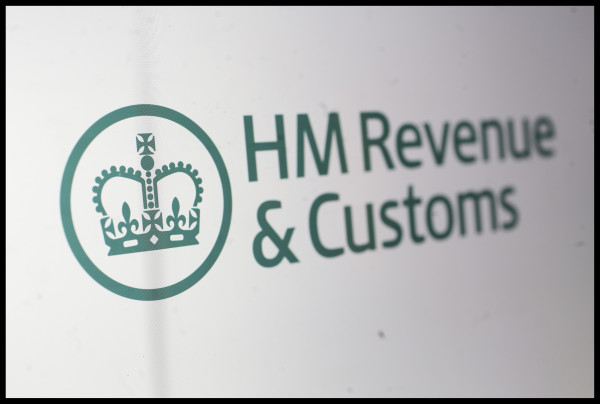

HMRC is pursuing at least 1,720 individuals outside the UK for a tax settlement under the loan charge rules.
The data was contained in a freedom of information request published on the HMRC website earlier this month.
HMRC revealed it has sent 39,000 letters to individuals it believes have liabilities under the loan charge, of which 1,720 are based overseas.
But the taxman confirmed there were about 50,000 cases in total, because single letters would have been sent to firms concerning several cases.
This means there could be several more overseas cases than the 1,720 mentioned in the data.
The latest UK Finance Act included rules for individuals who received loans rather than salaries as payment for work done.
These so-called disguised renumeration schemes will incur income tax charges from April, applied retrospectively as far back as 1990.
There are individuals in 70 different countries on the HMRC list, with New Zealand and Australia the countries impacted the most.
But tax experts warned it may be difficult to recover the tax owed from people based overseas.
Andrew Hubbard, tax consultant at RSM said: "I suspect that the numbers of non-UK individuals involved is understated because not everybody will have notified HMRC of their move abroad.
"This globalisation of the labour market (and it will surely increase whatever happens with Brexit) obviously presents major problems for tax authorities around the world.
"If HMRC does not get the tax owed to it when somebody is in the UK it becomes extremely difficult to recover it once somebody is out of the country."
He said there were international agreements which in very limited circumstances allowed one country to enforce tax debts of another country but these were cumbersome and time consuming.
Where the amounts due are low the cost of enforcement may be out of all proportion to the debt, he said.
Mr Hubbard added: "There are a whole host of other technical issues, such as the basic definition of what is earnings and the date on which liabilities arise, which vary considerably from country to country and which can add further complications when trying to tax internationally mobile employees."
Miles Dean, managing partner at Milestone International Tax, said: "International tax treaties and directives give the UK authorities power to ask counterparts to assist in the recovery of UK tax due.
"The big question is whether the foreign authorities in Australia and New Zealand would be minded to help the UK in respect of such large numbers of cases, especially when these may be relatively small in terms of cash sums."
A group of 38 MPs, led by Sir Ed Davey, had tabled an amendment to the Finance Act on the retrospective nature of the issue in January, forcing the government to review the impact of the changes.
But HMRC’s response to this was that "nothing has changed".
However, the taxman has agreed to allow those with an income of less than £30,000 seven years to pay the debt, and those with an income of less than £50,000 five years.
A representative of HMRC said: "HMRC uses reciprocal recovery agreements in combating cross border non-payment of tax debts and will always take the appropriate recourse to recover these debts.
"The deferred renumeration (DR) rules are not specific to UK residents or domiciled individuals. They will apply to any individual with an outstanding DR loan balance, wherever they now choose to work or reside.
"It is an individual’s responsibility to ensure the accuracy of their tax return and to understand the consequences of their decisions.
"DR schemes are examples of contrived tax avoidance that seek a tax advantage that Parliament never intended. It is not normal, or indeed reasonable, to be paid in loans that are unlikely ever to be repaid."
david.thorpe@ft.com



